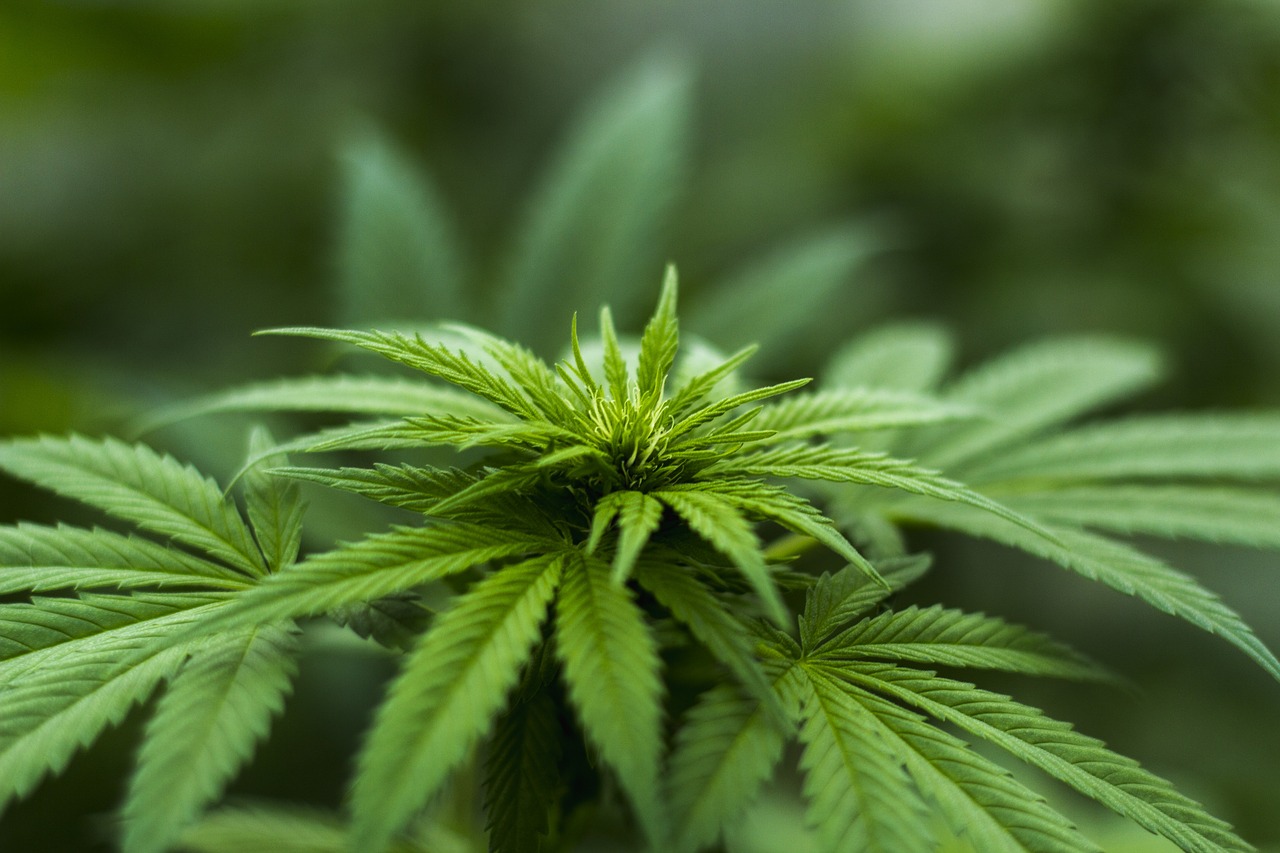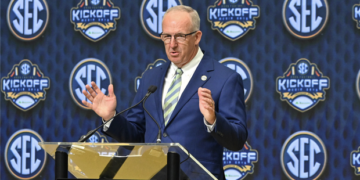Mississippians voted last month to pass Initiative 65 which legalized medical marijuana in the state. The initiative was citizen-sponsored and will allow patients who have one of 22 debilitating medical conditions to acquire medical marijuana with a prescription.
Mississippi is one of 35 states to have legalized medical marijuana, while the majority of the remaining 15 states only allow the sale of cannabidiol (CBD) oil. CBD is a non-psychoactive component found in marijuana.
Conor Dowling, an associate political science professor at the University of Mississippi, said the state’s passage of Initiative 65 was expected.
“The majority of states now have, at a minimum, legalized medical marijuana,” Dowling said. “In only six states is marijuana still ‘fully’ illegal. Under that backdrop, I’m not surprised that the initiative was proposed and that it passed.”
Following the election results, the Mississippi State Department of Health (MSDH) is working toward meeting the Initiative 65 deadlines to ensure the medical marijuana program is fully operational and available to the public, according to the department’s communication director Liz Sharlot.
“We understand the broad public interest in this program and ask for your patience as we develop the necessary plans to go forward late next summer,” Sharlot said.
When will medical marijuana legalization become official in Mississippi?
Initiative 65 details two strict deadlines that the MSDH, which will act as the administering body of the program, must meet. Sharlot said the department has every intention to meet the aggressive deadline of Aug. 15, 2021.
“We have been researching the matter over the last several months and are now in the planning stages to implement a successful medical marijuana program,” Sharlot said.
By July 1, the department must fine tune and solidify all rules and regulations for the program. The MSDH will begin issuing treatment center licenses and patient identification cards on Aug. 15.
While the initial step in seeing a medical marijuana program implemented in Mississippi has been taken, the process to begin legally administering medicinal cannabis is not always cut and dry.

The challenges that may delay the legal sale of medical marijuana
For example, Arkansas legalized medical marijuana in 2016. However, the state did not transact its first legal sale until May of 2019. The long delay was caused by Arkansas legislators who quickly countered the voter approved measure with 24 laws that changed the amendment.
Medical Marijuana 2020 spokesperson Jamie Grantham said Initiative 65 is the polar opposite of Arkansas’s amendment, which allowed only eight to nine business licenses to be issued for medical marijuana dispensaries in the state.
“When Initiative 65 was being drafted, we looked at the more than 30 medical marijuana programs in the country,” Grantham said. “(Initiative) 65 is written based on the best practices of those states.”
Just like any state medical marijuana program, federal restrictions must be followed. The marijuana has to be grown, processed and sold within Mississippi boundaries, which means there will need to be cultivators growing the plant, processors who turn the plant into medicine and treatment centers where patients will purchase their medicine.
“That’s where the patients will actually be able to go in, swipe their card (and) the receptionist will pull up your account and their profile,” Grantham said. “Then, they’ll be able — if they have an allotment available — to purchase their medication.”
Initiative 65 also states that medical marijuana treatment centers, or dispensaries, will be required to have a license to sell the product, but the MSDH must first deem them qualified.
Patients will be issued identification cards after a Mississippi physician certifies them as having one of the 22 listed medical conditions, and patients can take their cards to dispensaries to purchase their allotment every 14 days.
Mississippi’s next step
With planning stages still ahead, Mississippi joins other states that prescribe medical marijuana to patients with debilitating illnesses such as cancer and multiple sclerosis. Grantham said this is a huge win for Mississippi patients.
“A lot of people have tried to make it a political issue, but it’s not a political issue,” Grantham said. “This affects people’s families. This affects people’s quality of life, and in some cases, it has actually saved their lives.”
Many Oxford residents supported the initiative in November, including John Greer. Greer said he supports the measure because of the healing effect medical marijuana had on his late father who suffered from cancer.
“I feel like medical marijuana is beneficial, not only for people’s health with chronic illnesses, but I also think it’s a mercy,” Greer said. “It can be a merciful drug based on helping with pain and sleep, and a lot of people don’t think about that. That’s one of the reasons I’m behind it.”
Medical options in Mississippi vary from those in other states, which Grantham sees as an issue that needs awareness.
“We believe that Mississippians should have that same option. They shouldn’t have to move out of state or suffer needlessly when this option is available,” Grantham said. “My whole team and I are very happy and thankful that this has passed, because it’s going to help so many.”































